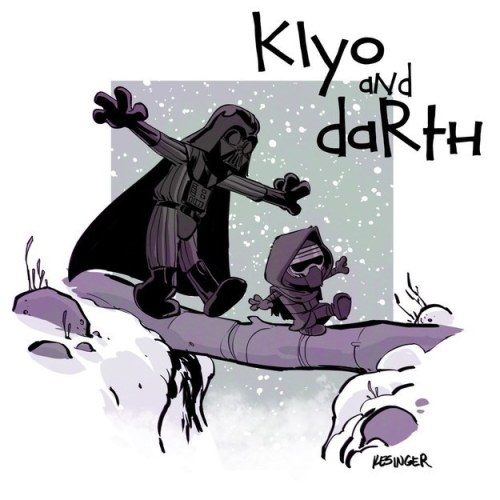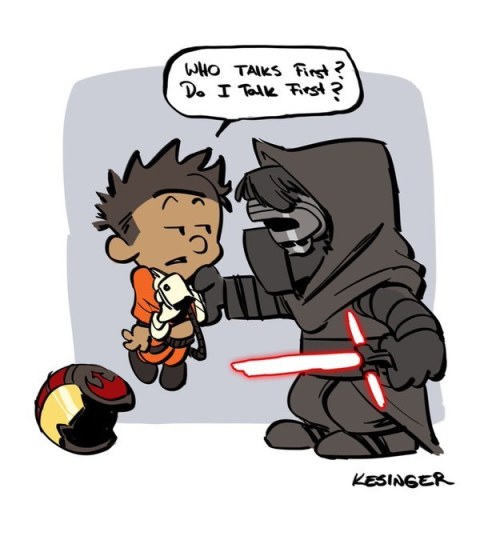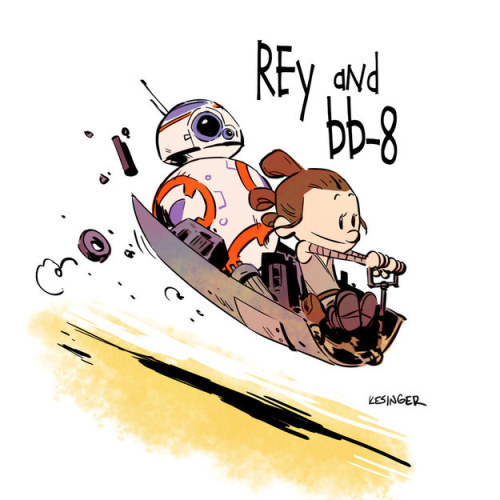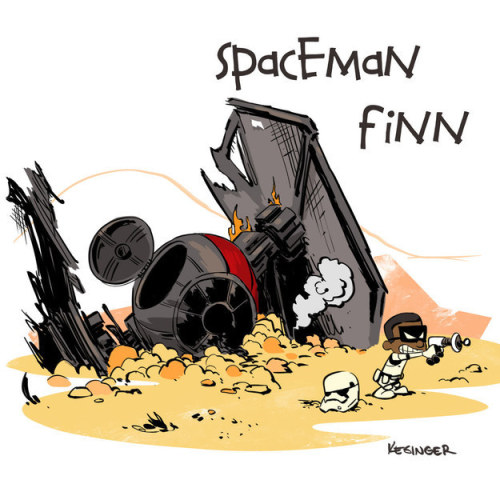21, He/Him/His, lover of all things space, aviation, alt music, film, and anime
255 posts
Latest Posts by thebryanscout - Page 5
Flat to Fact
Neil deGrasse Tyson released a diss track titled “Flat to Fact” to counteract B.o.B.’s claim that the earth was flat and that Mr. Tyson needed to “loosen his vest”. Of course it is set to the beat of Drake’s 2015 diss track Back to Back.
Bad move B.o.B…. you’ve unleashed the Tyson!


In memory of the crew of the Challenger on this sad anniversary. Too many photos depict the moment of explosion and the destruction. I like to think of her as in this photo, returning a crew safely to earth. RIP to the crew and those who have sacrificed in the exploration of the final frontier.
Francis R. Scobee Michael J. Smith Ellison S. Onizuka Judith A. Resnik Ronald E. McNair Gregory B. Jarvis S. Christa McAuliffe


‘The Challenger Disaster’ (US title. UK title: ‘The Challenger’ as shown in the above image) is a BBC/Science Channel original film about the investigation into the NASA Space Shuttle Challenger explosion amidst an attempted flight on January 28, 1986 which claimed the lives of seven astronauts: Commander Francis R. Scobee; pilot Michael J. Smith; mission specialists Judith A. Resnik, Ellison S. Onizuka and Ronald E. McNair; and payload specialists Gregory B. Jarvis and Sharon Christa McAuliffe.
I don’t want to do a disservice to the film or the processes responsible for the disaster by muddying up the details, so here’s a brief overview of the problem (via Wiki) which enabled the gradual disintegration and explosion of the shuttle:





Disintegration of the vehicle began after an O-ring seal in its right solid rocket booster (SRB) failed at liftoff. The O-ring failure caused a breach in the SRB joint it sealed, allowing pressurized hot gas from within the solid rocket motor to reach the outside and impinge upon the adjacent SRB attachment hardware and external fuel tank. This led to the separation of the right-hand SRB’s aft attachment and the structural failure of the external tank. Aerodynamic forces broke up the orbiter. image sources
A meticulous and intensive investigation was brought forth by the Presidential Commission, led by William Rogers, Neil Armstrong, Sally Ride, and Chuck Yeager. The investigation revealed multiple flaws which led to the accident, involving: design flaws, mismanagement, poor communication between NASA and its contractors, inadequate safety procedures, and most notably - to which this film highlights - the “go ahead” approval on launch day under inadequate weather conditions that directly compromised the SRB O-ring joint seals.

Physicist Richard Feynman (above) was brought aboard the investigation as an outside consultant whom would be able to participate strictly as a scientist, free from bias or bureaucratic influence.



His overall assessment of the accident was thorough, honest, and explicitly raw science. Commissioners on the investigative board criticized Feynman’s report and threatened to throw it out, claiming it could be “too damaging to NASA.” Feynman, discouraged and furious, retorted with a threat of his own: that he wouldn’t sign off on the final report as a matter of conscience. The commissioners backed down and decided to include an appendix to the report which would include Feynman’s details, but suggested a more “toned-down version” be printed.

William Hurt, Bruce Greenwood, Stephen Jennings, Brian Dennehy and Eve Best in ’The Challenger Disaster’
Professor Feynman’s report ended with these prophetic words which still loom over NASA and in my opinion, all of science, today:
“NASA owes it to the citizens from whom it asks support to be frank, honest, and informative, so that these citizens can make the wisest decisions for the use of their limited resources. For a successful technology, reality must take precedence over public relations, for nature cannot be fooled.”

Watch the news report and interview with Feynman on the Challenger investigation and view the trailer for the film ’The Challenger Disaster.’
This reminds me of the Great Black Spot from “2010.”

Jupiter Triple-Moon Conjunction




Dalek Wood Burner by Owen James of Maven Industies

Li-Fi: Meet the Wireless Tech That’s 100 Times Faster Than Wi-Fi
Wireless data coming from every light bulb? It’s real, and it is amazingly fast. This is how it works… http://futurism.com/images/li-fi-meet-the-wireless-tech-thats-100-times-faster-than-wi-fi/




Neil deGrasse Tyson slams rapper B.o.B for his flat-Earth theory. Watch the mic drop heard ’round the world.

The Big Bang Theory Merchandise: http://bit.ly/1aAdDNX
4 people are living in an isolated habitat for 30 days. Why? Science!
This 30 day mission will help our researchers learn how isolation and close quarters affect individual and group behavior. This study at our Johnson Space Center prepares us for long duration space missions, like a trip to an asteroid or even to Mars.

The Human Research Exploration Analog (HERA) that the crew members will be living in is one compact, science-making house. But unlike in a normal house, these inhabitants won’t go outside for 30 days. Their communication with the rest of planet Earth will also be very limited, and they won’t have any access to internet. So no checking social media kids!
The only people they will talk with regularly are mission control and each other.

The crew member selection process is based on a number of criteria, including the same criteria for astronaut selection.
What will they be doing?
Because this mission simulates a 715-day journey to a Near-Earth asteroid, the four crew members will complete activities similar to what would happen during an outbound transit, on location at the asteroid, and the return transit phases of a mission (just in a bit of an accelerated timeframe). This simulation means that even when communicating with mission control, there will be a delay on all communications ranging from 1 to 10 minutes each way. The crew will also perform virtual spacewalk missions once they reach their destination, where they will inspect the asteroid and collect samples from it.
A few other details:
The crew follows a timeline that is similar to one used for the ISS crew.
They work 16 hours a day, Monday through Friday. This includes time for daily planning, conferences, meals and exercises.
They will be growing and taking care of plants and brine shrimp, which they will analyze and document.
But beware! While we do all we can to avoid crises during missions, crews need to be able to respond in the event of an emergency. The HERA crew will conduct a couple of emergency scenario simulations, including one that will require them to maneuver through a debris field during the Earth-bound phase of the mission.

Throughout the mission, researchers will gather information about cohabitation, teamwork, team cohesion, mood, performance and overall well-being. The crew members will be tracked by numerous devices that each capture different types of data.

Past HERA crew members wore a sensor that recorded heart rate, distance, motion and sound intensity. When crew members were working together, the sensor would also record their proximity as well, helping investigators learn about team cohesion.
Researchers also learned about how crew members react to stress by recording and analyzing verbal interactions and by analyzing “markers” in blood and saliva samples.

In total, this mission will include 19 individual investigations across key human research elements. From psychological to physiological experiments, the crew members will help prepare us for future missions.
Want a full, 360 look at HERA? You can check out the inside of the habitat in our new Facebook display: [LINK TBD]
Make sure to follow us on Tumblr for your regular dose of space: http://nasa.tumblr.com











This company wants to send you to space using balloons — and they’re actually going to do it.
Follow @the-future-now

The loneliest man.
STS-41B, February 12, 1984
Mission Specialist Bruce McCandless II, is seen further away from the confines and safety of his ship than any previous astronaut has ever been. This space first was made possible by the Manned Manuevering Unit or MMU, a nitrogen jet propelled backpack. After a series of test maneuvers inside and above Challenger’s payload bay, McCandless went “free-flying” to a distance of 320 feet away from the Orbiter. This stunning orbital panorama view shows McCandless out there amongst the black and blue of Earth and space.
Image: http://grin.hq.nasa.gov/IMAGES/LARGE/GPN-2000-001087.jpg
(Credit: NASA-JSC)
The Husbands of River Song…Doctor Who 9X13
Play Doctor Who [S9E13] : The Husbands of River Song Here!!!
This is the second series starring Peter Capaldi as the Twelfth Doctor, an alien Time Lord who travels through time and space in his TARDIS, which appears to be a British police box on the outside. Jenna Coleman will return as the Doctor’s companion Clara Oswald.
And More
>>Play [S9E12] : Hell Bent (2)
>>Play S9E11: Heaven Sent (1)
>>Play S9E10: Face the Raven
>>Play S9E9: Sleep No More
>>Play S9E8: The Zygon Inversion (2)
>>Play S9E7 : The Zygon Invasion (1)
>>Play S9E6: The Woman Who Lived (2)
>>Play S9E5 : The Girl Who Died (1)
>>Play S9E4: Before the Flood (2)
>>Play S9E3 : Under the Lake (1)
>>Play S9E2: The Witch’s Familiar (2)
>>Play S9E1: The Magician’s Apprentice (1)








Season 5, Episode 15: The Friendship Contraction.

The Big Bang Theory Merchandise: http://bit.ly/1aAdDNX

This picture is a wee bit confusing…and possibly a little disturbing. :)

Tie Fighters passing in front of the moon (Side note: It’s the ISS) http://scificity.tumblr.com

Good God...











‘The Martian’, Ridley Scott (2015) In the face of overwhelming odds, I’m left with only one option, I’m gonna have to science the shit out of this.

The Big Bang Theory Merchandise: http://bit.ly/1aAdDNX

The Big Bang Theory Merchandise: http://bit.ly/1aAdDNX

“Over a cyclone,” by Andrei Sokolov




“Star Wars: The Force Awakes” Characters As “Calvin And Hobbes” by Brian Kesinger
SAME


*It’s





Farewell, Enceladus. Photographs from Cassini’s last close flyby of this spectacular moon.

Michael Tunk, The Wild West Guide To The Galaxy # 185, 2016, analog collage, 10.5" x 10".


Made to Order: Deluxe 21 Piece Doctor Who Peg People Playset by MakingsFromMommyland (173.00 USD) http://ift.tt/1oemt9F